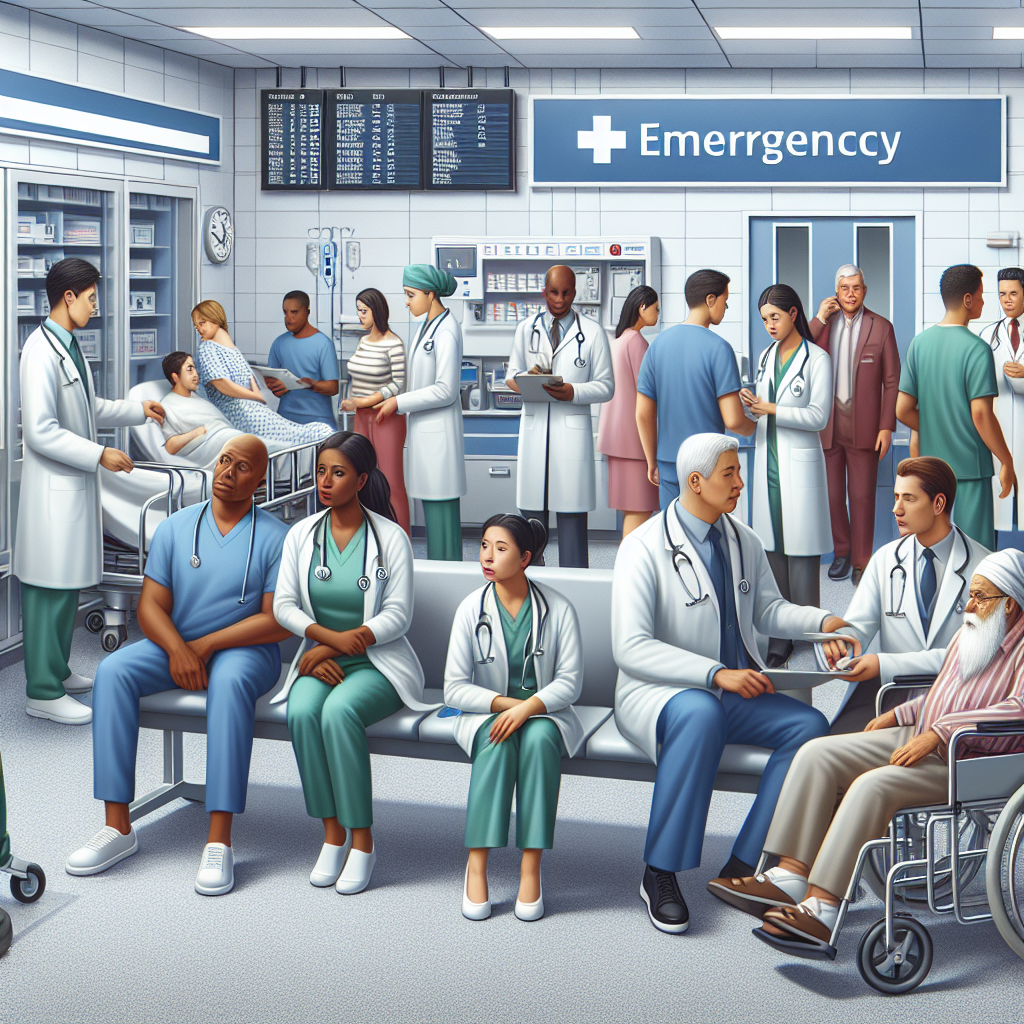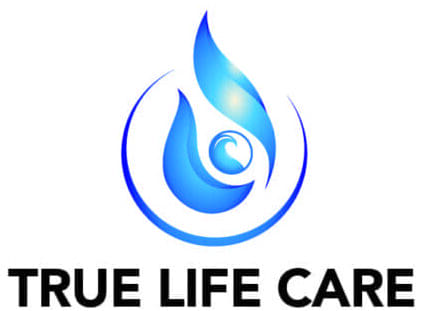Welcome to a crucial discussion about IMH emergency charges, an essential aspect of mental health care that can often be enveloped in uncertainty. When a mental health crisis occurs, the immediate concern is to secure prompt and effective treatment. However, understanding the financial implications is also critical for patients and their families. At True Life Care, we recognize the importance of being prepared for such eventualities and strive to provide clarity on what those facing a mental health emergency can expect in terms of care and costs.
Mental Health Matters – Make it a Priority! If you or a loved one are ready to begin regaining autonomy over your health and well-being, know that we’re here for you. Let us guide you through your recovery journey and enable you to lead the happy, healthy, and fulfilling life you deserve. Contact us for Mental Health Services in New Jersey.
In this section, we will delve into the intricate details of IMH emergency services, providing you with comprehensive insights into what to expect during such challenging times. From the initial assessment to the possible interventions and the associated charges, our aim is to demystify the process so that you can focus on recovery without the added stress of financial surprises. Whether it’s about understanding your insurance coverage or knowing the potential out-of-pocket costs, we are here to support you in navigating the complexities of IMH emergency charges.
Breaking Down IMH Emergency Service Costs

The cost of emergency mental health care can be a source of significant stress for many individuals and families. When you or a loved one is in crisis, understanding the breakdown of IMH emergency service costs is crucial to managing your finances effectively. These costs can vary widely based on several factors, including the type of facility, the intensity of care required, and insurance coverage.
Typically, the expenses associated with IMH emergency services can be categorized into several areas. First, there may be a fee for the initial assessment, which covers the cost of evaluating the patient’s mental health status and determining the necessary level of care. Following this, costs for any immediate treatment or stabilization efforts will be accounted for, which can range from medication to brief therapeutic interventions.
Furthermore, if inpatient care is required, the costs can increase significantly. This would include charges for room and board, round-the-clock care, and any specialized treatments or therapies that are part of the patient’s care plan. It is also important to consider the fees for psychiatric evaluations, counseling sessions, and follow-up care that may be necessary after the initial emergency has been addressed.
It’s worth noting that many insurance plans provide coverage for mental health services, but the level of coverage can vary greatly. Deductibles, co-pays, and out-of-pocket maximums can all influence the final cost to the patient. For those without insurance, or with limited coverage, the financial burden can be particularly challenging. Being aware of these potential costs allows individuals to plan accordingly and seek out financial assistance programs or payment plans that may be offered by healthcare providers.
The Role of Insurance in IMH Emergency Charges

Navigating the complexities of insurance coverage is a critical aspect when dealing with IMH emergency charges. Insurance can play a significant role in reducing the financial burden of emergency mental health services. Most health insurance plans are required by law to cover psychiatric emergencies to the same extent as medical emergencies.
However, it’s essential to understand the specifics of your insurance policy. Coverage can differ based on whether the provider is in-network or out-of-network, and what types of services are considered covered benefits. Patients should be aware of their plan’s deductible, which is the amount paid out-of-pocket before insurance kicks in. Co-payments and coinsurance, the portions of the costs that the patient is responsible for even after meeting the deductible, can also impact the overall expenses.
Many policies have a maximum out-of-pocket limit, which is the most you would have to pay in a policy year. Once this limit is reached, the insurance company may cover 100% of allowed charges. It is advisable for patients or their advocates to contact their insurance provider prior to receiving care, or as soon as possible thereafter, to obtain information about coverage and necessary authorizations.
For those without private insurance, government programs like Medicare and Medicaid may provide coverage for emergency mental health services. Understanding the eligibility criteria and benefits of these programs can help mitigate costs. Additionally, the Affordable Care Act has expanded access to mental health services for many Americans, ensuring that more people can receive the care they need without facing insurmountable expenses.
Factors Influencing the Cost of Emergency Mental Health Care
The cost of emergency mental health care can vary widely depending on several factors. One of the primary determinants is the type of care required. For example, care provided in an emergency room or inpatient setting is typically more expensive than services received in an outpatient setting. The severity of the condition being treated also influences costs, as more severe or acute conditions may necessitate longer hospital stays, more intensive treatment, and a greater range of therapeutic interventions.
The geographical location where treatment is received can impact costs as well. Facilities located in urban areas with a higher cost of living often charge more for services than those in rural areas. Additionally, the healthcare provider’s expertise and qualifications can affect pricing, with more experienced professionals or specialists often commanding higher fees.
Another crucial factor is whether the patient has insurance coverage. Those with insurance may face different costs depending on their plan’s coverage details, such as in-network versus out-of-network rates, deductibles, co-pays, and coinsurance. Conversely, uninsured patients may be responsible for the total cost of care, although some facilities offer sliding scale fees based on income or financial assistance programs.
Finally, the use of medication and medical technologies during treatment can also contribute to overall costs. Advanced treatments or newer pharmaceuticals might be more expensive. Understanding these factors can help individuals prepare for the potential financial impact of emergency mental health care and seek out resources to offset these expenses.
Navigating Payment and Financial Assistance for IMH Services

Navigating the financial aspects of IMH (Institute of Mental Health) services can be overwhelming, particularly in an emergency. However, there are strategies and resources available to help manage the costs. Firstly, it is crucial to understand your insurance policy in detail – know what is covered, the deductibles, and out-of-pocket maximums. Patients should ensure that the services they require are within their insurer’s network to avoid additional charges.
For those without insurance or with inadequate coverage, communication with healthcare providers is key. Many hospitals have financial counselors who can explain the charges and discuss payment plan options. They can also guide patients through the process of applying for Medicaid or other state-funded programs if they are eligible.
Another avenue to explore is the availability of charity care programs that some hospitals offer. These programs can provide significant reductions in charges or even free care for those who meet certain income and asset criteria. Additionally, there are nonprofit organizations that offer grants or assistance specifically for mental health care expenses.
For medication costs, pharmaceutical companies often have patient assistance programs that provide medications at low or no cost to individuals who cannot afford them. It’s also beneficial to ask healthcare providers about generic medication alternatives which are typically less expensive than brand-name drugs.
Overall, while the process can be daunting, proactively seeking information and assistance can lead to manageable solutions for handling the costs associated with emergency IMH services.
What to Do After Receiving IMH Emergency Treatment

After receiving IMH emergency treatment, the journey towards recovery continues. It is essential to follow up with a mental health professional to ensure the continuity of care. This might involve scheduling further appointments, attending therapy sessions, and adhering to any prescribed medication regimen. Patients should also review their discharge plan, which includes instructions and resources to support recovery.
Establishing a support system of family, friends, or support groups can provide the necessary emotional backing and encouragement. Additionally, lifestyle modifications such as regular exercise, a balanced diet, and sufficient sleep are vital components of a holistic approach to mental health management.
It’s also important to be aware of any signs of relapse or worsening symptoms. Being proactive and seeking help promptly can prevent another emergency situation. Education about one’s condition and self-care strategies can empower patients to take control of their mental health.
If you or a loved one are ready to begin regaining autonomy over your health and well-being, know that we’re here for you. Let us guide you through your recovery journey and enable you to lead the happy, healthy, and fulfilling life you deserve. Contact us for Mental Health Services in New Jersey.
The path to recovery is a personal one, and at True Life Care, we recognize the importance of individualized care. Our team is dedicated to providing the tools and support necessary for managing mental health challenges effectively.



